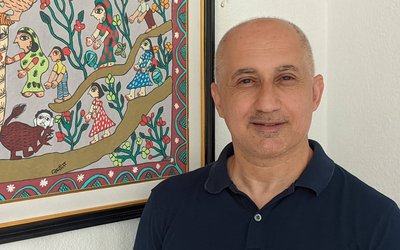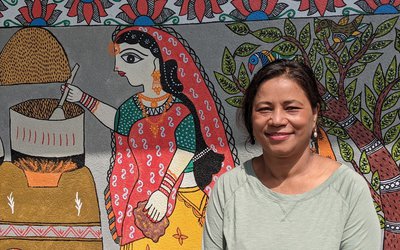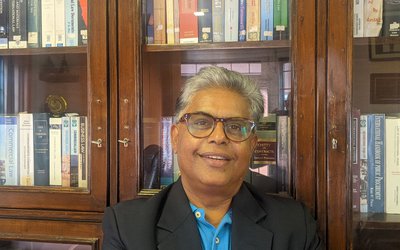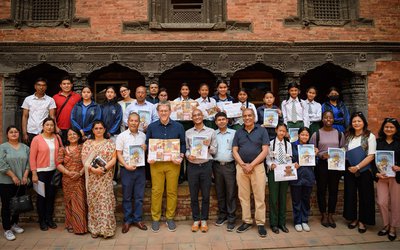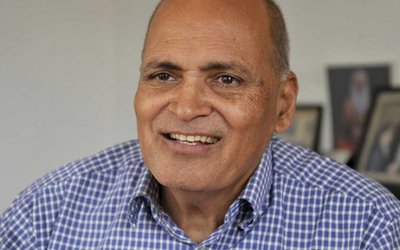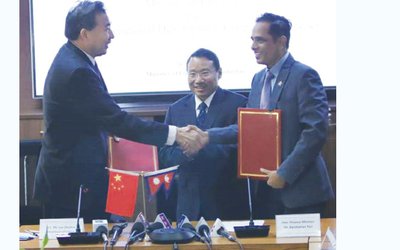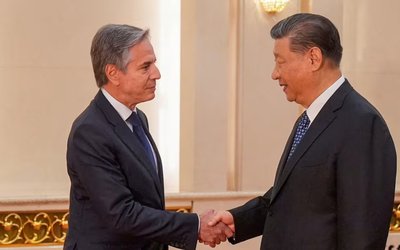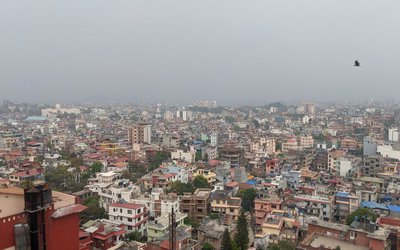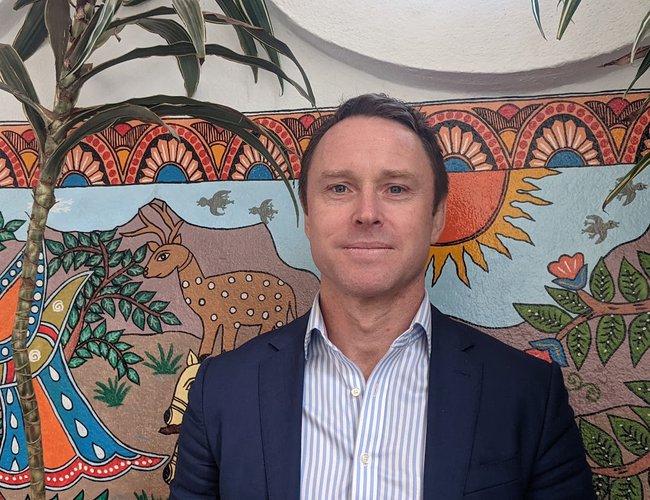
Nepal is currently undergoing an energy transition and is seeking to attract more foreign investors, including SMEs, to participate in the voluntary carbon market. How would you describe the importance of investing in Nepal?
We believe that Nepal has the potential to become a leader in attracting climate investments. We had meeting with the Investment Board Nepal and other government officials, and in general, we have observed a positive attitude towards attracting foreign investment in the sector. However, these commitments and words must translate into action.
How do you view the current state of the carbon market?
The lack of clarity surrounding Article 6 of the Paris Agreement and the voluntary carbon market is currently hindering the ability to seize opportunities. In Nepal, officials must create simple and clear rules to attract foreign direct investment to adopt a leadership mindset. Our partners at SPI Nepal can help us provide the government with the information needed to attract more foreign investment for climate projects.
Will your organization attend the upcoming Investment Summit?
Yes, we will participate in the April summit. We believe Nepal has several hundred million dollars in foreign direct investment opportunities in the carbon space in the coming years. Our business has attracted institutional investors who are interested in investing in Nepal. We are optimistic about the upcoming Summit and believe that Nepal has the potential to become a leader in this field.
What Additional Benefit Nepal has?
Despite being a Least Developed Country until 2026, Nepal enjoys certain advantages. Therefore, can attract foreign direct investment (FDI). Specifically, there is capital available for deployment in climate projects. Nepal's status as an LDC presents opportunities for investors to deploy their investments for high-impact projects. By combining this status with progressive climate investment policies, Nepal can attract climate finance. This presents a real opportunity.
The carbon market is currently experiencing a downward trend in prices. What is your perspective on this?
Our approach is to take a long-term view of the market, rather than being swayed by short-term price swings. Carbon credits, which originate from high-quality projects, are a crucial component of the climate transition. We advocate for a multifaceted solution to the climate challenge. The carbon credits from high-quality carbon projects in your country will play a crucial role. Our investors share this view and prioritize long-term investments, spanning 5, 10, 20, and 40 years. They are less concerned about short-term price volatility. However, certain subjects, such as cook stoves, have suffered greatly from the market downturn. Obtaining financing for cookstove projects has been uncertain.
Are there alternative methods?
Additionally, we must ensure that the project is eligible for the Carbon Offsetting and Reduction Scheme for International Aviation (CORSIA), which is ICAO's program for reducing emissions from international aviation. To qualify for CORSIA, you must obtain a letter of authorization confirming that the host government (in this case,Nepal) will make a corresponding adjustment. This adjustment confirms that the tons of emission reduced by the project have been used to fulfill the CORSIA obligation and not the counter obligation towards Nepal's NDC.
Nepal has a big opportunity to attract investors if it uses a tool to issue letters of authorization for corresponding adjustments. However, very few countries have clear policies and regulations around this. Nepal's commitment to such projects gives us a long-term perspective. However, the government in Nepal can take certain steps to reduce carbon emissions.
Are you exclusively using improved cookstoves, or are you also transitioning to electric cooking?
Our long-term goal in Nepal is to collaborate with SPI Nepal on multiple projects. The cook stove project aims to provide biomass stove technology to those who lack access to electricity or sufficient capacity for induction or electric cooking.
Can you provide information on the project's lifespan?
Our cookstove project has a maximum lifespan of 15 years. We hope to generate revenue during this time to reinvest in transitioning to other forms of cooking. Nepal also has an ambitious electrification plan to generate more hydropower and overcome difficulties. We aim to provide long-term support for this transition. Additionally, we plan to implement high-quality reforestation projects on degraded and fallow land. This is our vision for the country.
Is the environment in Nepal favorable for foreign investment?
The attitude towards it seems positive, but it needs to be translated into action. Officials need to move beyond engagement and put regulations in place. Once we have friendly regulations and project approval, we can deploy capital immediately. The environment seems conducive so far. We must avoid unnecessary complexity and obtain regulatory certainty promptly to bring more foreign investment to Nepal.
How do your projects contribute to Nepal's commitment to achieving zero emissions by 2045?
Nepal has a great opportunity to become a leader in renewable energy by combining hydropower and solar opportunities with emission reduction and sequestration projects. This will help Nepal achieve ambitious net-zero targets.
The content of the improved text is as close as possible to the source text, without any additional aspects.

Keshab Poudel
Poudel is the editor of New Spotlight Magazine.
- IWMI: SoLAR Global Science-Policy Forum Conference
- Apr 25, 2024
- CLA: Samriddhi For Skill Development
- Apr 23, 2024
- ECONOMY: Growth At 3.3
- Apr 16, 2024
- DPM’s SHRESTHA’S CHINA VISIT High Profile, Low Key
- Apr 14, 2024
- Maha Kumbha In Barahkshetra: A Sacred Festival In Sacred Koshi (Kaushiki) River
- Apr 09, 2024




